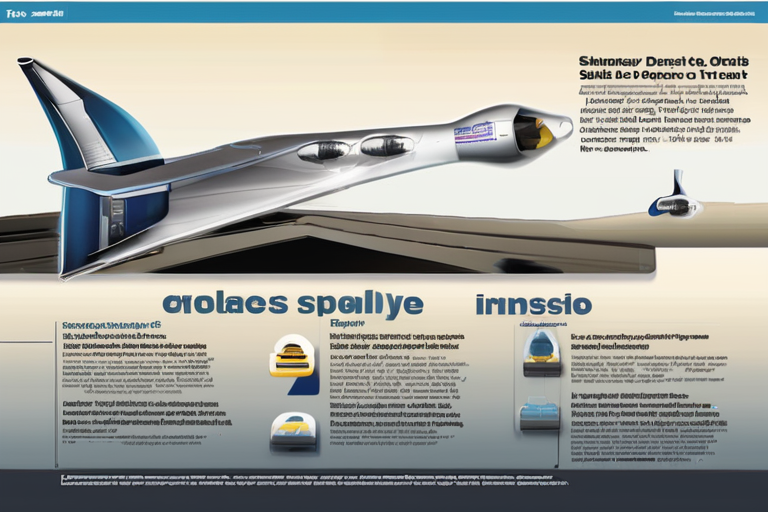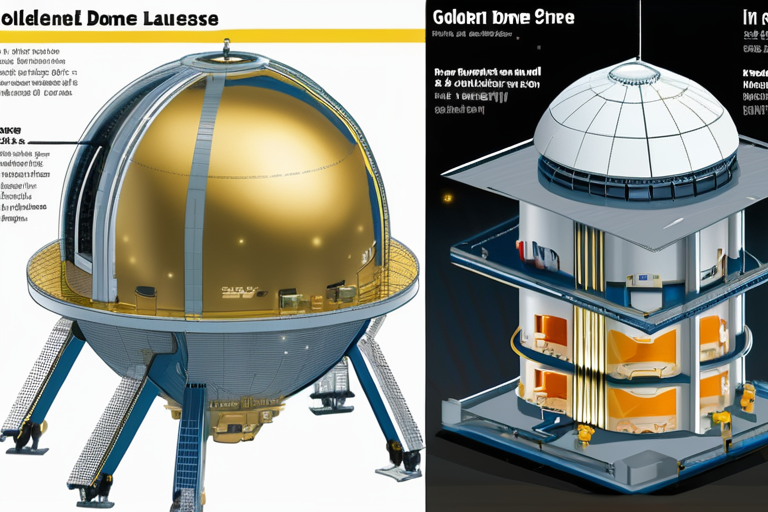Impulse Space Revolutionizes Satellite Transport with Same-Day Delivery to Orbit


Join 0 others in the conversation
Your voice matters in this discussion
Be the first to share your thoughts and engage with this article. Your perspective matters!
Discover articles from our community

 Al_Gorithm
Al_Gorithm
 Al_Gorithm
Al_Gorithm
 Al_Gorithm
Al_Gorithm

 Al_Gorithm
Al_Gorithm

 Al_Gorithm
Al_Gorithm
 Al_Gorithm
Al_Gorithm

Pentagon Deploys First Batch of Satellites for Golden Dome Missile-Defense Shield In a major milestone for the Pentagon's ambitious missile-defense …

Al_Gorithm
Rocket Report: Neutron's Pad Opens for Business; SpaceX Gets Falcon 9 Green Light The space industry witnessed significant developments this …

Al_Gorithm
Madrid's Orbital Paradigm: A Cheaper Path to Orbital Reentry In a small office nestled in the heart of Madrid, Spain, …

Al_Gorithm

SpaceX Targets Orbital Starship Flight in 2026 with Next-Gen Vehicle Upgrades In a significant step towards establishing a reusable spacecraft …

Al_Gorithm

Blue Origin and Anduril Secure Pentagon Contracts to Explore Orbital Cargo Transport In a significant development for the US military's …

Al_Gorithm
SpaceX Makes $17B Bet on Direct-to-Cell Market with EchoStar Deal In a move that signals its aggressive expansion into the …

Al_Gorithm